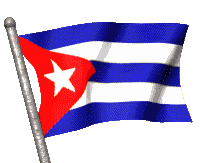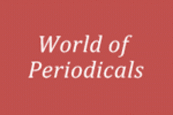Strategies of Cognitive Political Censorship as an effect of ‘New Media’.
Abstract
The purpose of the article is the development and testing of an explanatory model of strategies peculiar to cognitive political censorship exemplified in the 2018-2019 Ukrainian presidential election campaign. The authors extend and generalize objective and subjective aspects of the approaches available in the scientific literature to new forms of political censorship. In one aspect, not only the attention span alone is considered as an object of cognitive political censorship, but also other cognitive functions of the media audience is the ability to form a coherent opinion on current problems. At least three cognitive strategies of political censorship identified suggested a weakening of basic cognitive abilities: distraction, forgery and absurdity. These strategies are considered in a comparative perspective with the experience of the latest forms of political censorship in China and Turkey.





































1.png)







1.png)







